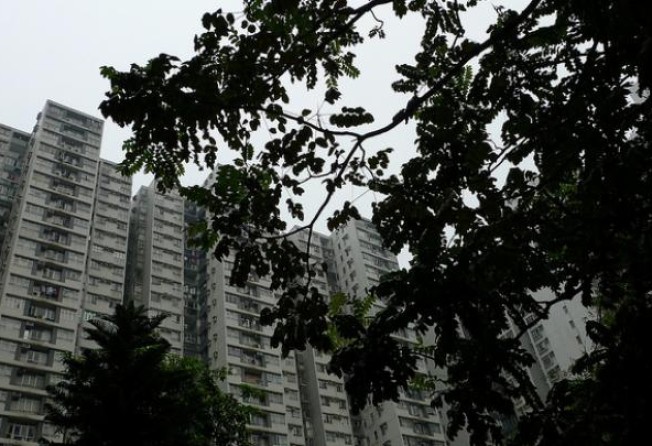New Hong Kong property tax, a sign of increasing protectionism
The new stamp duty policy for non-local home buyers in Hong Kong is more than a new property rule as it puts the government on the fast track to greater regulation

The new stamp duty policy announced last Friday for non-local home buyers in Hong Kong is more than a new property rule as it puts the government on the fast track to greater regulation in a city that has been ranked as the world’s freest economy by the Heritage Foundation for 18 consecutive years.
After the city’s first-ever minimum wage rule was introduced in late 2010, some international media outlets suggested that it heralded the end of Hong Kong’s truly market-oriented economy, which had underpinned the city’s reputation for supporting a business-friendly environment for decades.
With the introduction of the additional 15 per cent stamp duty for non-Hong Kong permanent residents and corporate buyers, the city is now being accused by critics of protectionism, a long-time problem in some mainland cities and provinces. Hong Kong’s new property rules were described by Peter Thal Larsen, an influential Reuters Breakingviews columnist, as an “anti-foreigner property tax”.
Some industry watchers claim property curbs will build a “politically correct” Hong Kong under the leadership of its new pro-Beijing chief executive Leung Chun-ying.
In the fight against rising property prices, Hong Kong is definitely not alone. Many large mainland cities such as Shanghai and Beijing have policies to limit non-local home buyers, as governments vie to placate locals and maintain social stability. But, so far, none have introduced an additional 15 per cent buyer’s stamp duty.
So why did the government of Hong Kong do it? Hong Kong’s development minister Paul Chan Mo-po is said to be a big fan of Singapore, at least in terms of the city-state’s property policy.
“The backlash will be very limited, because buyers on the mainland would know that Singapore and other places impose restrictions on foreign property buyers too,” said Chan, one of the least popular officials in the current administration, according to recent polls.
Indeed, in Singapore, non-resident and corporate buyers pay 10 per cent of a home’s value in additional buyer stamp duty – five percentage points less than in Hong Kong. However, Singapore is better known for its public housing and many other social benefits than Hong Kong. So, perhaps Chan and his boss, chief executive Leung, can also try to see what else the Singaporean government has done to improve the quality of life of its citizens?
I understand the Hong Kong government may wish to help make housing more affordable to locals as quickly and easily as possible, but to some extent, this latest policy is an unfair one to many non-permanent resident, who are also the city's taxpayers.
Hong Kong’s secretary for financial services and the Treasury Chan Ka-keung told the press that the government is considering the introduction of other new property taxes, including capital gains tax. Capital gains tax? How will Hong Kong appear to the global financial community if that happens?
Hong Kong’s economic freedom score is 89.9, making its economy the freest again in the 2012 Index of Economic Freedom, according to the Heritage Foundation.
“The high-quality legal framework, which provides effective protection of property rights and strong support for the rule of law, continues to be the cornerstone of strength for the dynamic city economy,” said the foundation on its website.
I am not a lawyer; however, the government’s new tax rules (and there may be more to come, as Chan Ka-keung suggested) may affect the people’s right to hold, buy or sell properties freely in the long run.
George Chen is the financial services editor at the South China Morning Post. The opinions expressed in the column Mr. Shangkong are all his own. Follow him on twitter.com/george_chen or weibo.com/georgeschen
Disclaimer: The author is a property owner in Hong Kong and Shanghai. The author doesn’t own stocks of any listed property companies.